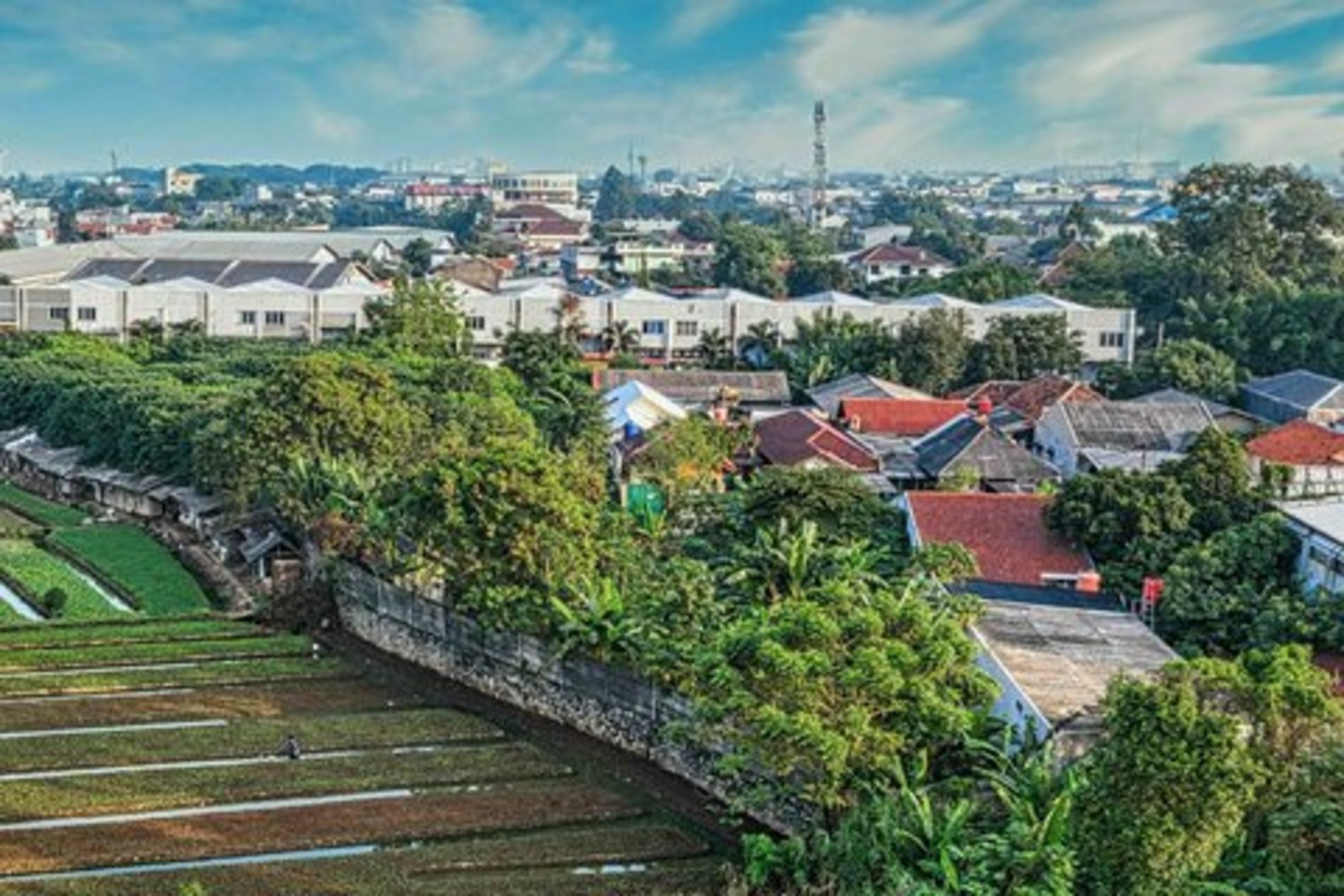Mitigating Sustainability Tradeoffs as Demand for Fruits and Vegetables Grows
Stanford Woods Institute for the Environment
Health experts have long urged people to eat more fruits and vegetables for a healthy diet, arguing that millions of cases of cardiovascular disease, cancer, diabetes, and other diet-related illness could be prevented worldwide. But what if everybody really did heed their advice? What impact would it have on the environment and on growers themselves if consumer demand for fruits and vegetables, and the requisite agricultural output, more than doubled to meet the world’s nutritional needs?
A new report released today in Environmental Research Letters argues that investments in innovations to increase crop diversity, integrate technological advances, and improve grower and consumer equity are required for a truly sustainable expansion of fruit and vegetable systems on the scale needed to feed a healthy diet to an expected 10 billion people by 2050.
“Experts recognize the need to expand fruit and vegetable systems to meet global health needs,” said report coauthor Rosamond Naylor, the William Wrigley Professor of Earth System Science in Stanford’s School of Earth, Energy & Environmental Sciences (Stanford Earth) and Aspen Global Change Institute (AGCI) Board President. “But we need to start thinking about the nuances of how to meet dietary recommendations at affordable prices to consumers while sustaining producer livelihoods and minimizing environmental damage. Then we need to enact policies to get us there.”
Advances like automation and irrigation have helped grow global production of fruits and vegetables by around 50% in the last two decades. But “simply scaling up current systems of fruit and vegetable production, supply chains, and consumption will just worsen environmental and socioeconomic tradeoffs,” explains Anne Elise Stratton of University of Michigan’s School for Environment and Sustainability, the report’s lead author.
Irrigation for growing fruits and vegetables already accounts for around 70% of humanity’s use of fresh water, and those supplies are dwindling in many places, especially in agricultural hubs like California’s San Joaquin Valley. Growing these crops is also highly labor-intensive. Further along the supply chain, fresh fruits and vegetables are delicate compared to other food and, as a result, suffer high rates of loss and waste, compounded by high prices for consumers compared to less nutrient-rich foods, like processed meats, fast food, and soda.
In 2018, AGCI and Keystone Policy Center assembled 40 thought leaders with wide-ranging expertise in food and agricultural science, ecology, consumer behavior, economics, and agricultural systems engineering to collectively identify how to transform complex food systems in ways that can sustainably and equitably elevate the percent of the world’s population enjoying nutritious fruits and vegetables in their daily diets.
Focusing on avocados, tomatoes, and leafy greens, three very different crops that exemplify the complexities of the challenge, the report identifies three key areas to sustainably transform global fruit and vegetable systems:
· Crop diversity: Developing more diverse varieties of fruits and vegetables and growing them on more diverse farms and landscapes, all while enhancing taste.
· Innovative technologies: Expanding use of food preservation techniques, improving infrastructure, and using information technology advances to better connect growers with consumers.
· Attention to equity: Reducing agricultural chemical exposure and increasing wages for farmworkers, improving crop prices for farmers, dismantling cost barriers to fresh fruit and vegetable consumption by lower-income shoppers.
“There is no such thing as a ‘free lunch’ when it comes to transforming global fruit and vegetable systems – tradeoffs are inevitable,” notes report author Dave Gustafson, a food system scientist affiliated with the Agricultural and Food Systems Institute. “Scientists, technology entrepreneurs, and policy makers all have a role to play. It won’t be easy, but we can do better, and we must for the health of people and the planet.”
Naylor is also Founding Director of Stanford’s Center on Food Security and the Environment; and a senior fellow in the Stanford Woods Institute for the Environment and the Freeman Spogli Institute for International Studies.
Explore More
-
Gabrielle Wong-Parodi and Jim Leape are leading an initiative to launch the planned Sustainable Societies Institute by the end of 2024.
-
Stanford economist Paul Milgrom won a Nobel Prize in part for his role in enabling today’s mobile world. Now he’s tackling a different 21st century challenge: water scarcity.




